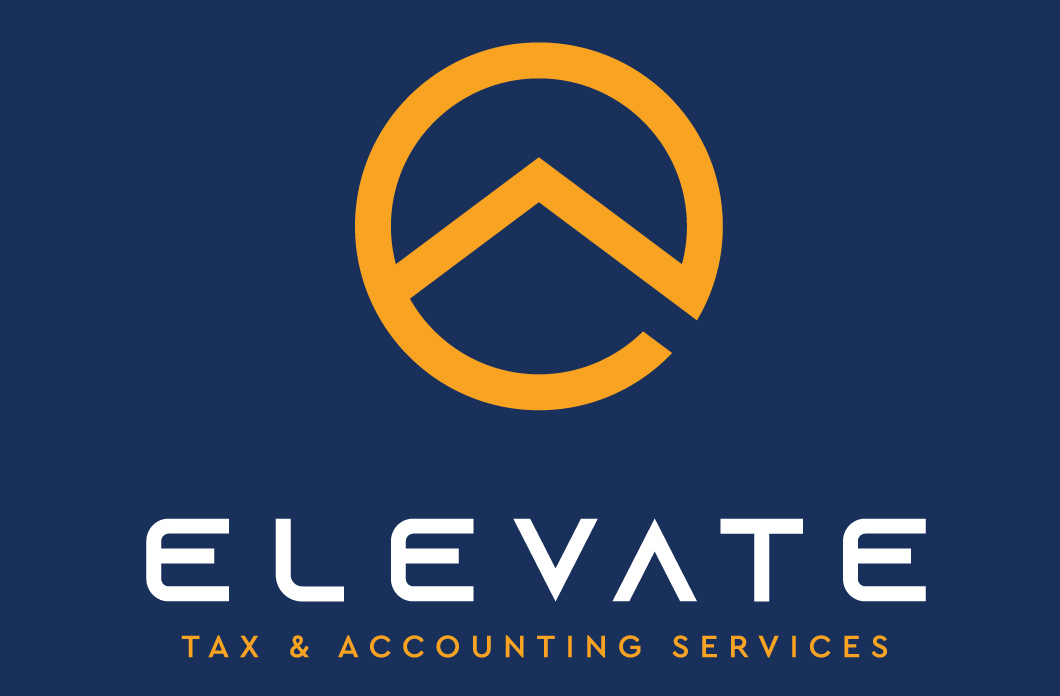When you are in the filing process, here is a checklist of forms and documents you’ll need to complete your taxes, as well as a look at tax situations you need to consider before filing.
- W-2 forms: In addition to the main W-2 with your wage and withholding info, there are assorted other versions.
- Various 1099s from hard working income amounts. These include 1099-R for retirement distributions; 1099-INT for interest earned; 1099-DIV for investment dividends; 1099-B for brokerage sales; 1099-G for state tax refunds or other government payments. Form 1099-G also is sent in connection with unemployment benefits, which millions of folks got for the first-time last year when COVID-19 led to the loss of their jobs.
New is Form 1099-NEC. This went to contractors or others who in 2020 got nonemployee compensation (hence the NEC notation) of $600 or more. It replaces the 1099-MISC form freelancers used to get.
- Some 1098s, such as 1098-T that students will need to calculate education tax credit eligibility; 1098-E with potentially deductible student loan interest payment amounts; or the plain old Form 1098 for homeowners with mortgage interest, loan points, property tax payments and, in some cases, payments made toward private mortgage insurance (PMI) real estate taxes.
For more specialized filing material: Every filer’s tax situation is unique. That is why you could need tax info in addition to the usual forms that applies to your unique financial circumstances and tax-filing needs.
- Records of estimated tax payments you made for both your federal and state taxes.
- The amount of tips or other gratuities you received as part of your job. You should have been keeping records of these amounts, especially if you have had to report them each month to your employer.
- Any unemployment benefits you received. Unemployment benefits are taxable.
- Did you move for a job last year? Relocation costs is an above-the-line deduction is still around, but tax reform made the tax break available only to members of the Armed Forces.
- Distributions from retirement accounts, depending on the type of plan you have, could be taxable. Double check income statements for your workplace retirement and/or IRA withdrawals, as well as your Social Security benefits (some of which could be taxed) if you’re now getting those payments.
- If you are still contributing to your retirement plan, is any of it deductible? Have your statement of these amounts to help you decide. Don’t forget about plans you’ve set up if you’re self-employed, whether as your full-time work or as gig work. These contributions also can be used to reduce your tax bill, so have those statements handy, too.
- Are you divorced? When that split was official could affect your taxes. For divorces and separation agreements finalized in 2019 or later, alimony payments are not deductible for the payer or counted as taxable income to the recipient. However, if your divorce was finalized in 2018 or earlier, you are grandfathered into the old system: alimony is still deductible, again as an above-the-line deduction, to the payer and still counts as income to the ex-spouse getting the payments. So be sure you have the paperwork showing the year of your marital split and, if they have not made any modifications to that prior dissolution agreement, the amount paid/received for tax deduction/payment purposes.
Other questions to ask yourself: After you accomplished the standard check list, by now you have the paperwork, statements and official tax forms or IRS-approved substitutes.
It is important to look at your life last year and answer a few questions that could have tax implications. They include:
- Which deduction method do you plan to use, claiming the standard amount for your filing status or itemizing? You are not locked into the deduction choice you made last year. You can change it each year, depending on your most recent financial and tax circumstances.
- Do you have any unresolved state or IRS tax issues?
- Did you get married or divorced last year? This will affect your filing status.
- Did you have a child last year? Was that new family addition adopted or the adoption process begun last year? Again, among many other child-related tax matters, this could affect your filing status.
- Did you pay for a dependent child‘s or another dependent’s care so you could go to work?
- Did you receive any assistance from your employer to pay for education expenses, child care costs or adoption expenses?
- Are you supporting anyone not living with you? Helping aging parents is becoming more common for many.
- Are you providing the majority of financial support for someone who is living with you?
- Did you or any member of your household pay any college costs?
- Did you contribute to charity? If it was more $300 or less, your donation can get you a charitable tax deduction directly on your 2020 Form 1040 without having to itemize.
- Did you hire any household help?
- Did you make any major improvements to your home?
- Did you sell, refinance, or face any foreclosure transactions on your personal residence?
- Do you own a second residence or any other real estate? If so, did you rent it out last year? The length of those rental periods could affect your tax bill.
- How old are you? Age could affect the amount of standard deduction you can claim or even the form you file on Form 1040-SR.
- Did you retire? If you are collecting a private pension payout, you should get a Form 1099-R cited earlier. If you are also getting Social Security benefits, be on the lookout for your 1099-SSA. As noted earlier, some of your government retirement money could be taxable.
- Were you a resident of, or did you have income in, more than one state during the year?
- Did you have money in a foreign account?
- Did you make any large purchases, such as a vehicle and/or tangible products?
- Did you have any nonresidential debt that was canceled? It is counted as taxable income.
- Did you have health care coverage? Did you buy your medical insurance through the marketplace, either the federal one or your state’s marketplace?
- Did you serve in the military? If so, did you receive combat pay? It could affect your claiming of the Earned Income Tax Credit (EITC). Did your earnings drop because of COVID-19 job cuts? You might be able to get more from this refundable tax credit by using your 2019 earnings instead of your 2020 pay amounts? That is an option this filing season.
Schedule A specific information: If you decided that itemizing still works for you despite the larger standard deduction amounts, you will need a bit more filing documentation to complete your Schedule A.
This is the case for people who have major medical expenses. To get a tax benefit from these costs, they must amount to more than 7.5 percent of your adjusted gross income (AGI), for all filers and regardless of age. Double check all your expenses against the IRS-allowable medical expenditures list.
This includes prescriptions, doctor office visit payments, dental care costs, hospital bills, medical insurance premiums as long as they aren’t paid at work via pretax dollars, long-term care insurance premiums and the mileage to and from physicians’ offices. Also, as in all things tax, make sure you have the records to back up your claims. Keep the documents safe if the IRS questions your claims.
Many home-related costs also are deductible on Schedule A, as noted in the earlier discussion of the statements that detail them.
Charitable gifts beyond the $300 allowed directly on Form 1040 can help increase your itemized deduction amount. Again, just be sure you have records and that your donations go to IRS-approved groups.
If you sustained losses due to a federally declared disaster last year and decided to wait to claim them on your 2020 return, have all that related documentation handy. In addition to the records of the losses and expenses not paid by insurance toward recovery, you will also have to include the Federal Emergency Management Agency (FEMA) number and the location of property against which the tax claim is being made.
Finally, there is the Schedule A section for reporting specific other deductions. This applies to any gambling losses and includes, among other things, the cost of losing bingo, lottery and raffle tickets, horse and dog racing slips and the money you dropped at the poker table or roulette wheel at your favorite casino.
It is important to keep good track of these expenditures. Remember, though, that your losses can only offset the amount of winnings you got during the tax year, some of which were on the W-2G form mentioned earlier. You cannot claim losses to produce a loss on your taxes.
And note that this section does not include those variety expenses that used to be classified before the 2017 tax reform law change as miscellaneous expenses. Those write-offs, for unreimbursed work-related expenses (either spent on the job you have or in looking for a new one), are gone. Remember, you do not have to file today. Or next week or even next month. You have until April 15.

